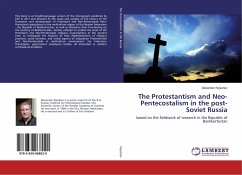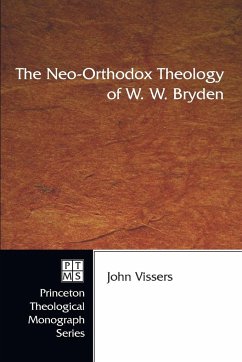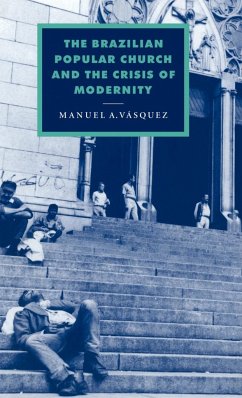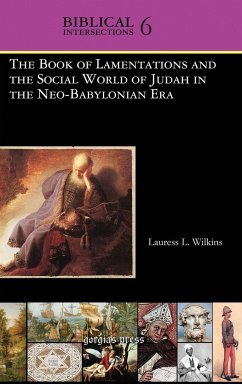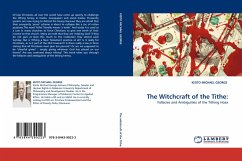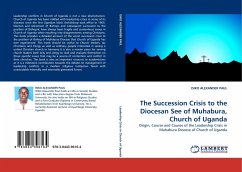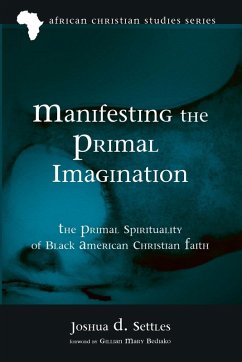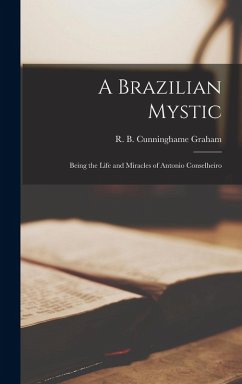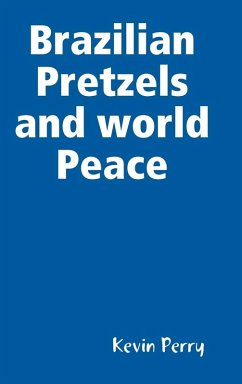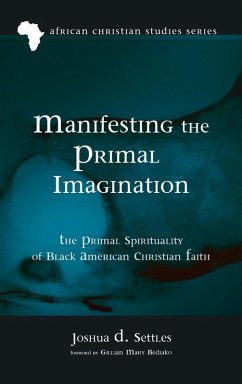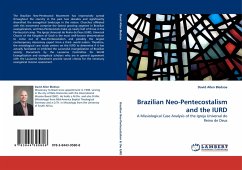
Brazilian Neo-Pentecostalism and the IURD
A Missiological Case Analysis of the Igreja Universal do Reino de Deus
Versandkostenfrei!
Versandfertig in 6-10 Tagen
52,99 €
inkl. MwSt.

PAYBACK Punkte
26 °P sammeln!
The Brazilian Neo-Pentecostal Movement has impressively spread throughout the country in the past two decades and significantly diversified the evangelical landscape in the nation. Churches affiliated with this movement comprise the fastest growing segment in Brazilian evangelicalism, and Neo-Pentecostals make up nearly half of those in the Pentecostal camp. The Igreja Universal do Reino de Deus (IURD, Universal Church of the Kingdom of God) is the most well-known denomination to come out of Neo-Pentecostalism and possibly the largest contemporary missionary export from a third- world nation. ...
The Brazilian Neo-Pentecostal Movement has impressively spread throughout the country in the past two decades and significantly diversified the evangelical landscape in the nation. Churches affiliated with this movement comprise the fastest growing segment in Brazilian evangelicalism, and Neo-Pentecostals make up nearly half of those in the Pentecostal camp. The Igreja Universal do Reino de Deus (IURD, Universal Church of the Kingdom of God) is the most well-known denomination to come out of Neo-Pentecostalism and possibly the largest contemporary missionary export from a third- world nation. Therefore, the missiological case study centers on the IURD to determine if it has actually facilitated or inhibited the successful evangelization of Brazilian society. Documents by the Lausanne Committee for World Evangelization and evangelical scholars who are in general agreement with the Lausanne Movement provide sound criteria for the necessary evangelical mission assessment.



